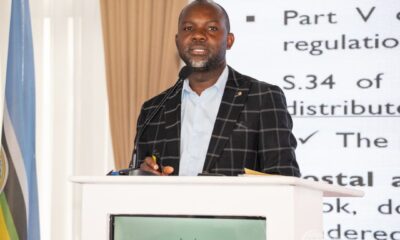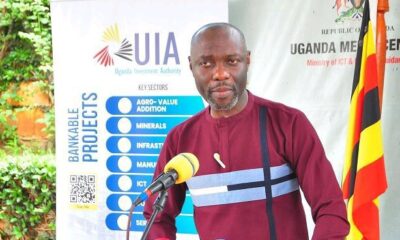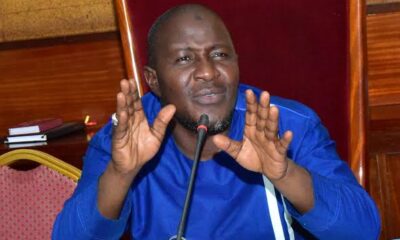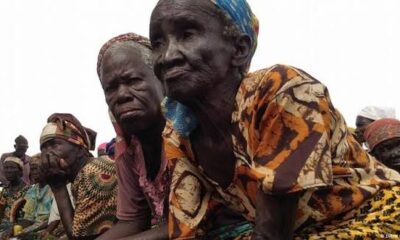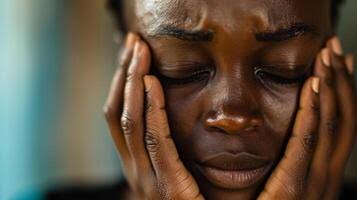Politics
“This Country Is For Us All, Don’t Think That It’s Only You & Museveni Who Own It” Bobi Wine Blasts Nabbanja Over NTV Remarks
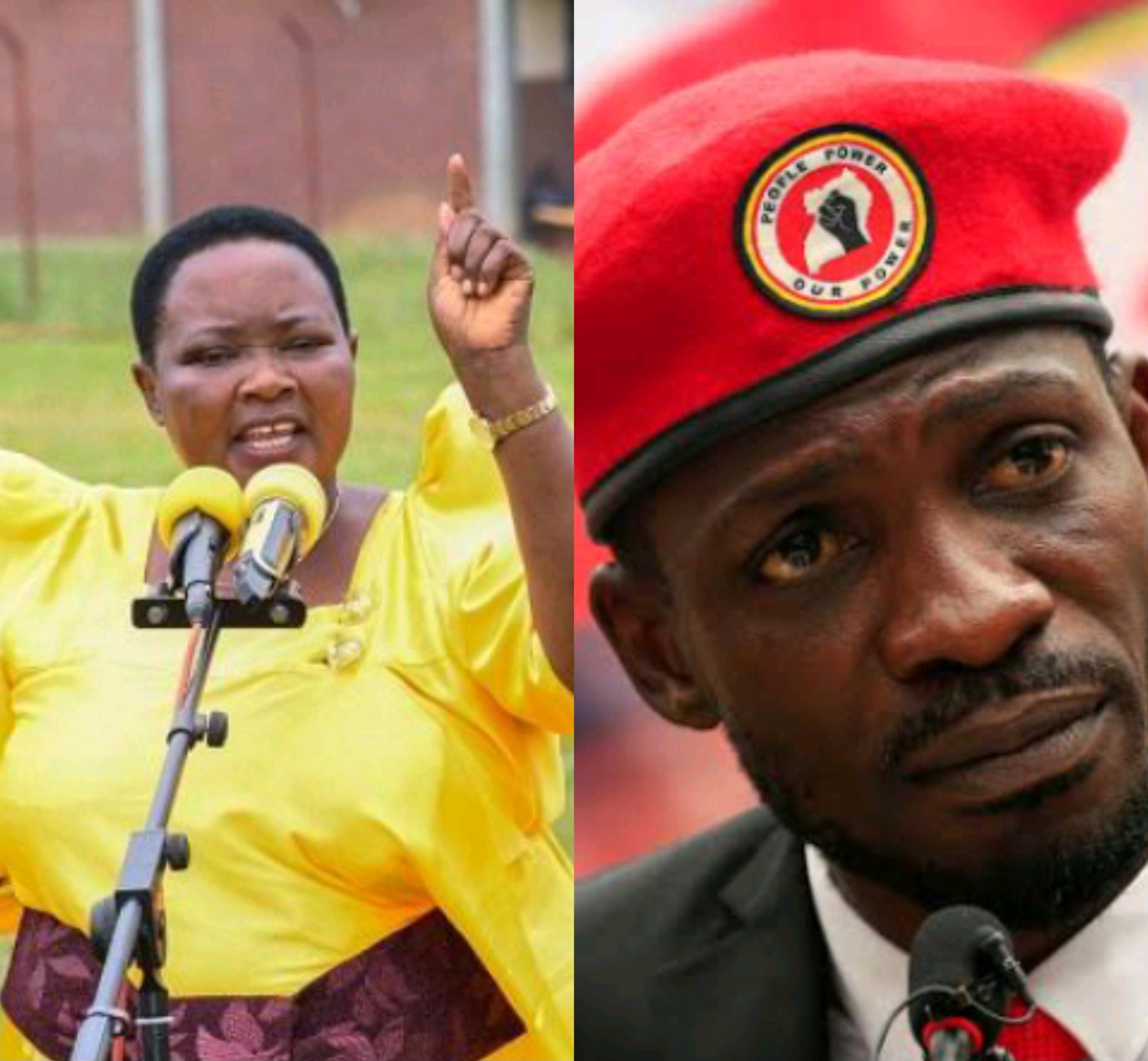
Robert Kyagulanyi, popularly known as Bobi Wine and leader of the National Unity Platform (NUP), has come out strongly against Uganda’s Prime Minister Robinah Nabbanja following her controversial remarks on NTV. During a live interview on Thursday, Nabbanja suggested that opposition members who feel oppressed under President Museveni’s government should “pack their bags and leave the country.”

Kyagulanyi, who has often spoken about political suppression in Uganda, described Nabbanja’s comments as deeply offensive and a clear reflection of the government’s disregard for its citizens. Taking to the social media platform X, he accused the Prime Minister and the ruling regime of treating Ugandans with contempt, likening her statement to the arrogance of dictators who believe they are doing their people a favor by clinging to power.
In his response, Kyagulanyi stressed that Uganda is home to all its citizens, regardless of their political affiliation. He argued that it is both unpatriotic and disrespectful to suggest that opposition voices should leave simply because they disagree with those in power. Drawing on a local proverb, he reminded Ugandans that “no one should be chased from their land because of a difference in opinion.” Uganda, he emphasized, belongs to the people—not the ruling elite.

The NUP leader further declared that while Museveni’s government may continue to oppress its people, its reign is not permanent. According to him, leaders come and go, but Ugandans remain. “It is the citizens who hold the true ownership of Uganda,” he said, insisting that no amount of intimidation can erase that reality.
Kyagulanyi’s bold response has sparked widespread debate, with many Ugandans echoing his sentiments and questioning the state of democracy and freedom of expression in the country. For opposition supporters, his words serve as both reassurance and a rallying cry: that they have every right to live and speak freely in their homeland.

This heated exchange has only intensified the political standoff between the ruling government and the opposition. More importantly, it has reignited a crucial national conversation—what does it really mean to belong in Uganda? Kyagulanyi’s message was clear: no regime, however powerful, has the authority to dictate who belongs and who doesn’t. Uganda’s destiny, he said, will always lie in the hands of its people.

